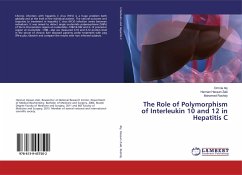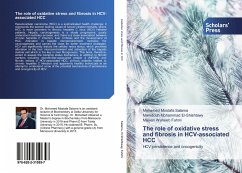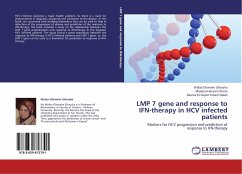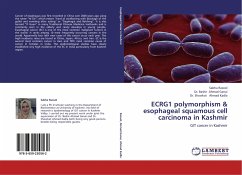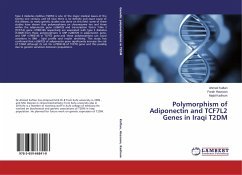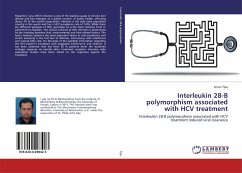
Interleukin 28-B polymorphism associated with HCV treatment
Interleukin 28-B polymorphism associated with HCV treatment induced viral clearance
Versandkostenfrei!
Versandfertig in 6-10 Tagen
47,99 €
inkl. MwSt.

PAYBACK Punkte
24 °P sammeln!
Hepatitis C virus (HCV) infection is one of the leading causes of chronic liver disease and has emerged as a global concern of public health, affecting about 3% of the world's population. Pakistan is the sixth most populated country in the world and has a HCV prevalence rate of 5.9%. While there are different subtypes of HCV, genotype 3a is the most common form in patients from Pakistan. The clinical outcome of HVC infection is determined by the interplay between viral, environmental and host related factors. The host's immune system is the most important factor in viral persistence and innate...
Hepatitis C virus (HCV) infection is one of the leading causes of chronic liver disease and has emerged as a global concern of public health, affecting about 3% of the world's population. Pakistan is the sixth most populated country in the world and has a HCV prevalence rate of 5.9%. While there are different subtypes of HCV, genotype 3a is the most common form in patients from Pakistan. The clinical outcome of HVC infection is determined by the interplay between viral, environmental and host related factors. The host's immune system is the most important factor in viral persistence and innate immunity is the first line of defense, intervening with interferons and natural killer cells. On the basis of the available information regarding the HCV patient's treatment with pegylated interferon- and ribavirin, it has been observed that less than 50 % patients show the sustained virologic response six months after treatment cessation. Genome wide association studies have been linked tothe responses against the treatment.



